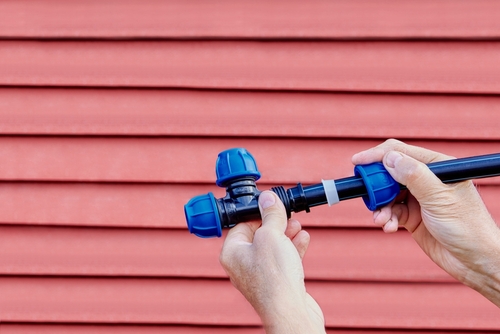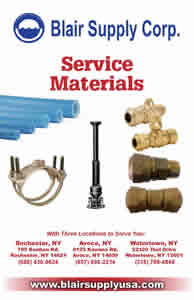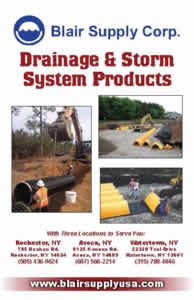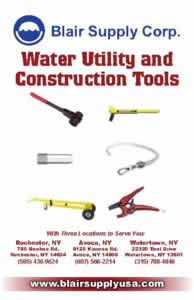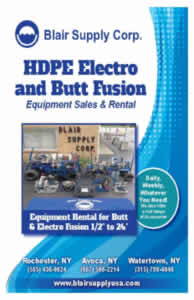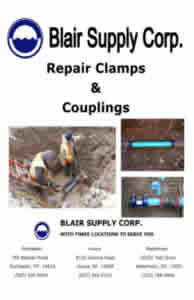Blog
Inserta Tees: Installation Process
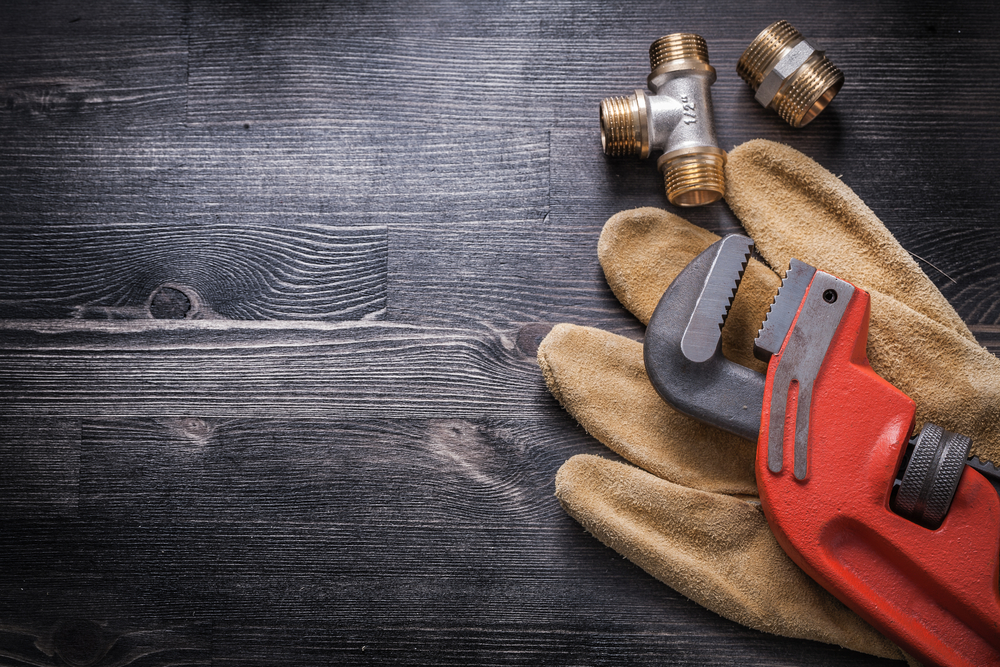
Whether you’re working on a stormwater system, a sewer line, or another underground utility, adding a new lateral connection to an existing PVC pipe can feel like a daunting task. Fortunately, Inserta Tees and saddle tees make the job much easier—if you know how to install them correctly. With the right tools, a bit of preparation, and careful attention to detail, you can create a secure, watertight connection without cutting into large sections of pipe or disrupting the entire system.
How do you tee into an existing PVC pipe?
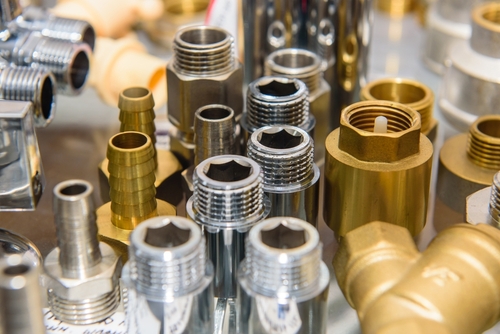 There are two main ways to add a connection to an existing PVC pipe:
There are two main ways to add a connection to an existing PVC pipe:
1. Cut and install a traditional tee
This involves cutting out a section of the pipe and gluing in a standard tee fitting using PVC cement and couplings. It works well for new installs, but it’s time-consuming and requires shutting down the system—making it less ideal for active lines.
2. Use a saddle tee or Inserta Tee
This method is much simpler. Instead of cutting out a full section, you just drill a hole into the existing pipe. Then, you attach a saddle or Inserta Tee over the opening. It’s quicker, less invasive, and perfect for adding connections to pipes that are already in use.
Inserta Tees are especially popular for underground or sewer work thanks to their watertight seal and easy installation.
How do you install a PVC saddle tee?
Installing a PVC saddle tee is fairly simple with the right tools and a bit of care. Start by cleaning the area on the pipe where the tee will go—remove any dirt, grease, or moisture. Using a drill and the correct hole saw size, cut a clean, centered hole. Align the saddle tee over the hole, making sure it sits evenly. If it comes with a rubber gasket, insert that; otherwise, apply a PVC-compatible sealant. Secure the saddle using the provided clamps or fasteners, tightening just enough to hold it firmly without deforming the pipe. Finally, run water through the line to check for leaks before backfilling.
Will a saddle tee leak?
A saddle tee can leak if not installed correctly. However, when properly sealed and secured, it should be watertight. Here’s what commonly causes leaks:
- Inadequate cleaning or prep of the host pipe.
- Misalignment during installation.
- Loose clamps or incorrect tightening.
- Use of incompatible materials (e.g., saddle on uneven or corrugated pipe without an adapter).
Tip: Use a high-quality saddle tee designed for your pipe material and follow manufacturer guidelines precisely.
How to install Inserta Tee?
It’s straightforward process if you follow these steps:
1. Prep the pipe
Uncover just enough of the mainline pipe where the tee will go—no need to disturb the bedding. Clean the pipe surface thoroughly.
2. Drill the hole
Use the correct drill guide and hole saw size (per Inserta Tee specs) to drill a clean, centered hole—ideally at or just above the spring line. Soap and water can help ease the cut. Remove any burrs or debris afterward.
3. Insert the rubber sleeve
Push the rubber sleeve into the hole. Align the gold guide line vertically. For “OneFit” versions, fold and adjust the sleeves to sandwich the pipe wall properly, making sure both gold lines line up.
4. Add the PVC hub
Apply the provided lubricant (never use oil-based products) to the hub and sleeve. Line up the red and gold lines, then hammer the hub into place using a block and mallet. Stop when the rubber sleeve reaches the red homing line on the hub.
5. Tighten the band
Wrap the stainless steel band around the sleeve and tighten it. This keeps everything compressed while the lubricant dries and allows for immediate air testing.
Where can I find an Inserta Tee fitting near me?
For over 60 years, Blair Supply Corp. has been a trusted source for top-quality water and wastewater materials across New York and beyond. We work closely with industry leaders like Smith-Blair, Advanced Drainage Systems, Ford Meter Box, and more to bring you reliable Inserta Tee solutions. Whether you’re unsure about the right size, fitting options available, or how Inserta Tees are used, our team is here to help. Reach out to us today – we’re ready to answer your questions and get you what you need.

